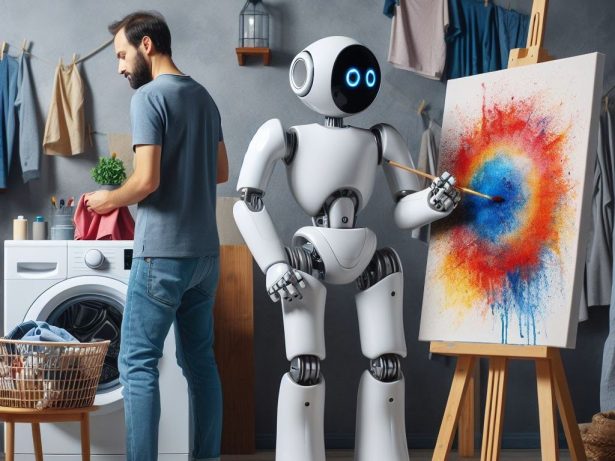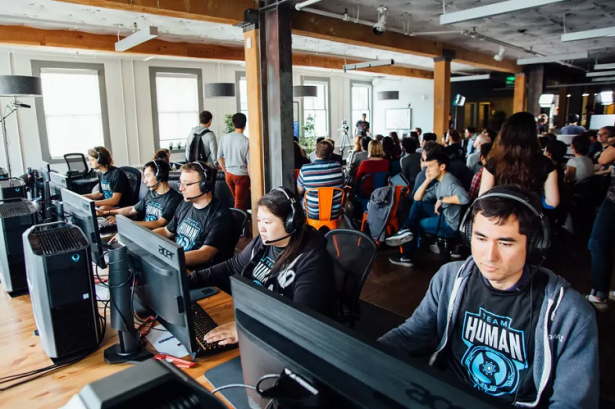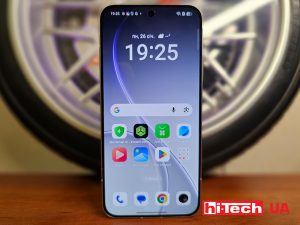Apple refused to invest in the development of artificial intelligence company OpenAI
30.09.24
According to a report from The Wall Street Journal, Apple has abandoned plans to invest in OpenAI, a surprise twist ahead of the close of OpenAI’s $6.5 billion funding round. Microsoft and Nvidia remain potential investors, with Microsoft already owning 49% of OpenAI’s profits and planning to invest another $1 billion.
Apple’s decision to end the financing talks came as a surprise given that it had previously been reported that the company might participate in the investment. However, Apple rarely invests in large Silicon Valley technology companies, the sources said. Despite the divestment, Apple and OpenAI will continue to work together to integrate ChatGPT into iOS 18 later this year. This partnership will allow ChatGPT to work alongside Siri to handle requests.
Interestingly, neither party will generate financial payouts from this partnership, which Apple believes will bring it value comparable to or greater than its cash investment.

Previously, the OpenAI company presented the new o1 model, which significantly surpasses previous versions in terms of speed and efficiency in solving complex tasks. One of the main features of this model is an improved “thinking” algorithm that allows it to solve problems that require multi-step analysis faster than a human can do.
The OpenAI o1 model is particularly good at programming and solving problems that require a sequential approach. Together with it, a lighter version was released – o1-mini, which is aimed at a wider range of users due to its affordable price. Currently, o1-preview and o1-mini are available to ChatGPT Plus and Team subscribers, with Enterprise and Edu users getting access next week. In the future, it is planned that free ChatGPT users will also be able to try o1-mini.
Special attention was paid to a new approach to model training. OpenAI principal researcher Jerry Tworek explained that o1 was trained using reinforcement learning, which allowed the system to better process complex queries step by step, simulating the human thought process. This new approach was evident in o1’s ability to solve complex puzzles. For example, at the presentation, the model solved the problem about the ages of the prince and princess in 30 seconds, demonstrating her unique analytical ability.
The o1 interface has also been refined to improve user experience. The model now shows the stages of her “thinking” using phrases like “I’m curious” or “Let’s see.” This creates the illusion of dialogue similar to human thinking, although, according to the developers, this is only a visual representation of the model’s working process, and not an attempt to imitate the human mind.
OpenAI Chief Scientist Bob McGrew noted that o1 significantly outperforms GPT-4o in solving complex mathematical problems. For example, in the qualifying exam of the International Mathematical Olympiad, the model correctly solved 83% of the problems, while the previous version only solved 13%.
Although the o1 model has significant improvements in reasoning and algorithms, it is still inferior to GPT-4o in actual knowledge of the world and cannot handle web pages or process files and images. However, OpenAI sees o1 as an important step towards creating more advanced and intelligent systems capable of solving complex tasks at a human-like level.
Don't miss interesting news
Subscribe to our channels and read announcements of high-tech news, tes
Oppo A6 Pro smartphone review: ambitious

Creating new mid-range smartphones is no easy task. Manufacturers have to balance performance, camera capabilities, displays, and the overall cost impact of each component. How the new Oppo A6 Pro balances these factors is discussed in our review.
Oppo Reno 15 5G smartphone review: confident

The Oppo Reno15 smartphone emphasizes design, a high-quality display, versatile cameras, and good battery life. Let’s take a closer look.
Study: Artificial Intelligence uses nuclear weapons in 95% of simulations artificial intelligence war
Researchers at King’s College London conducted a series of military simulations using leading artificial intelligence models. The tests used OpenAI’s GPT-5.2, Anthropic’s Claude Sonnet 4, and Google’s Gemini 3 Flash.
Asus ProArt GoPro Edition laptop for action camera fans has gone on sale in Ukraine action-camera Asus laptop
One of the key features of the Asus ProArt GoPro Edition is the proprietary StoryCube service – the first solution for Windows with support for GoPro cloud storage and 360-degree video.


